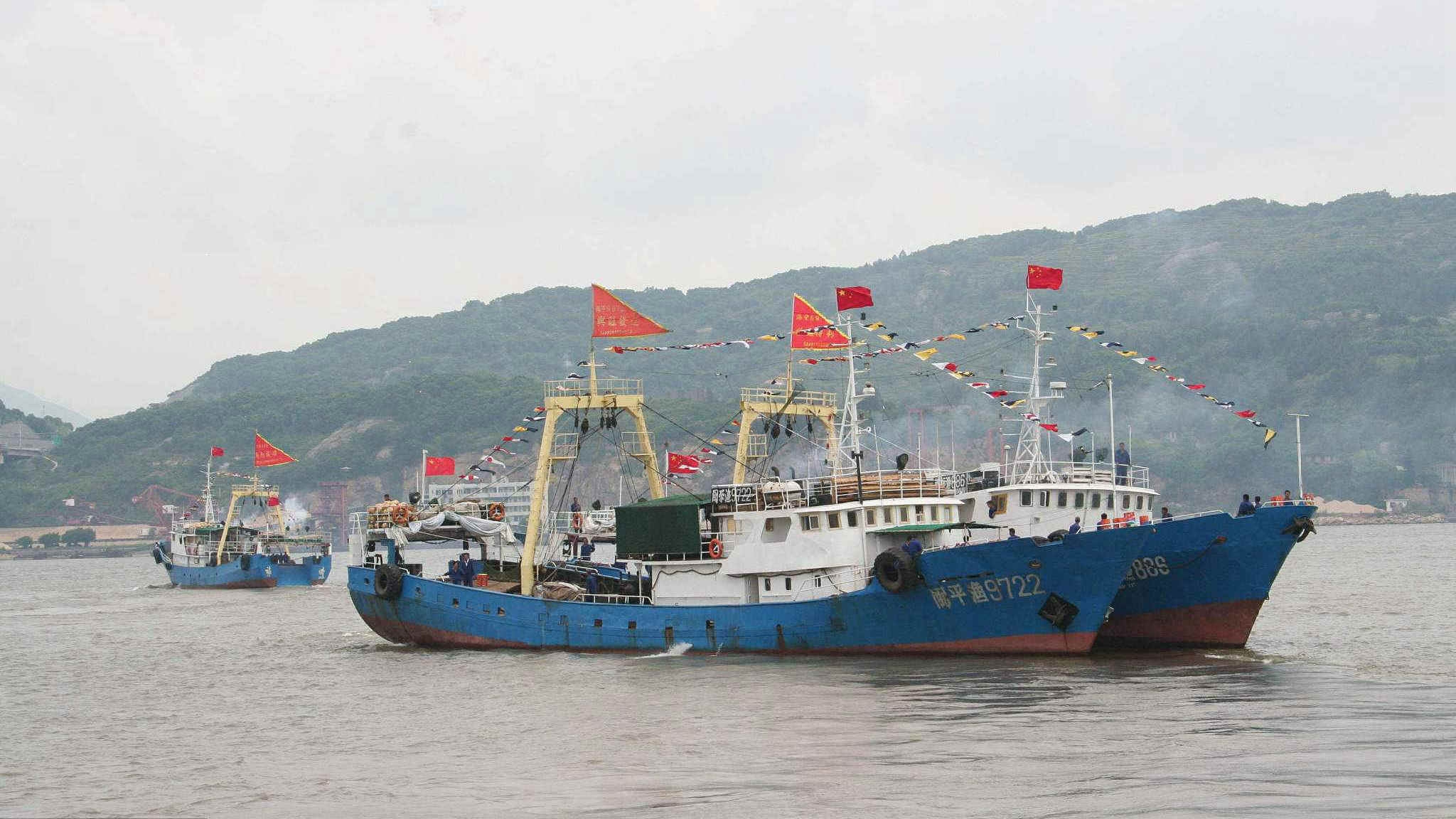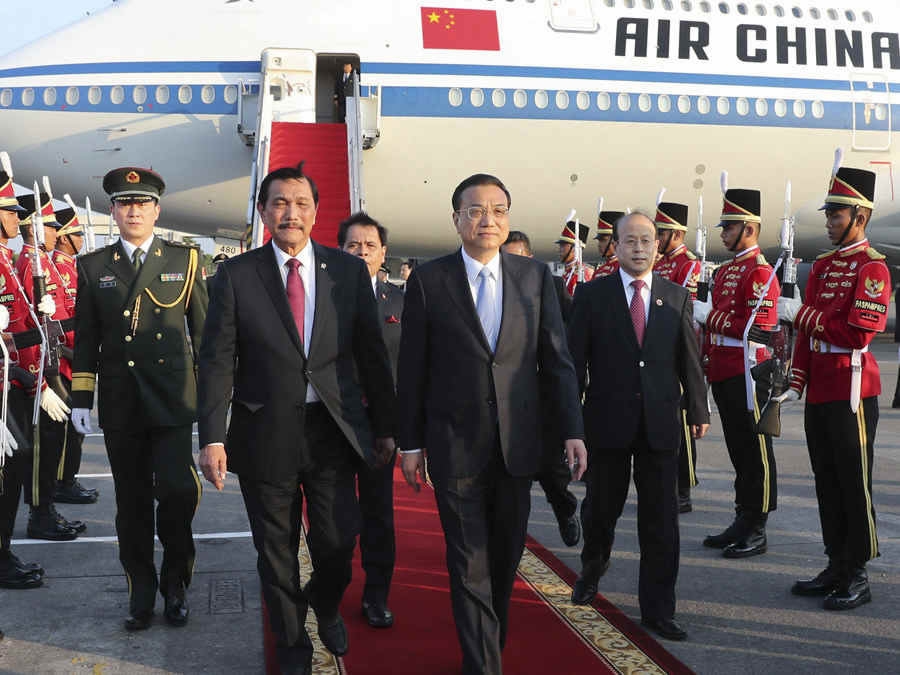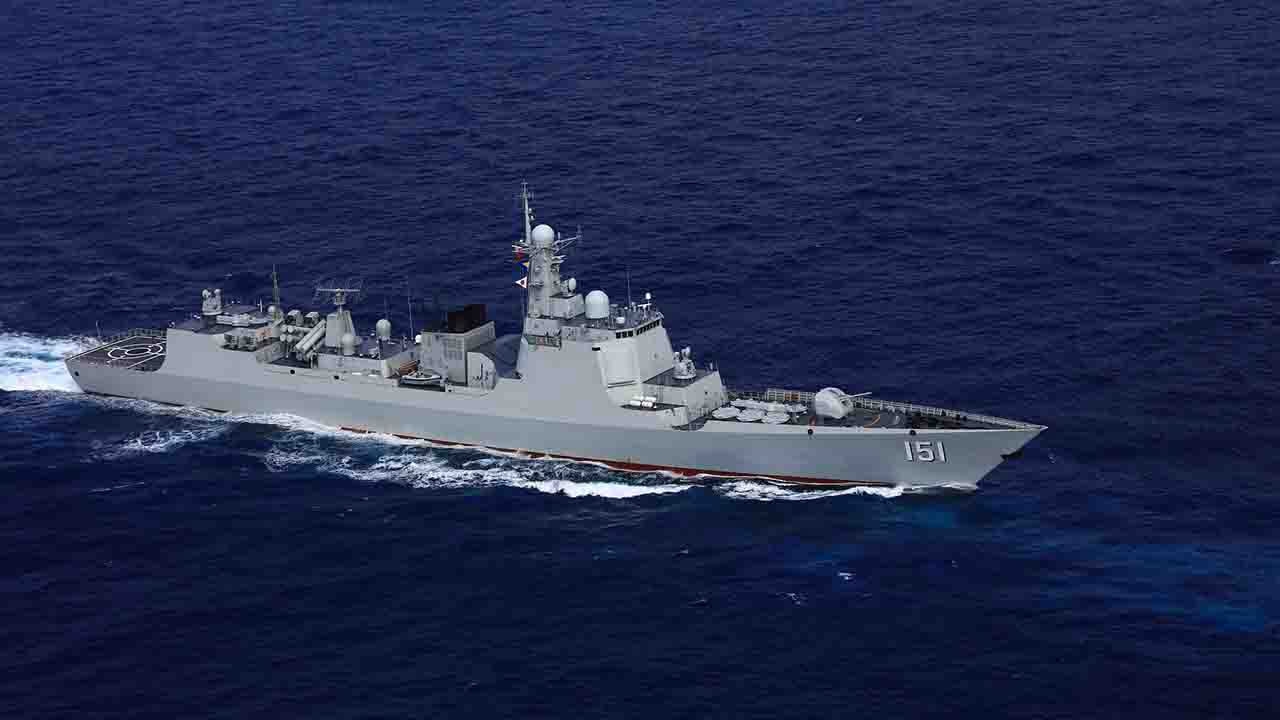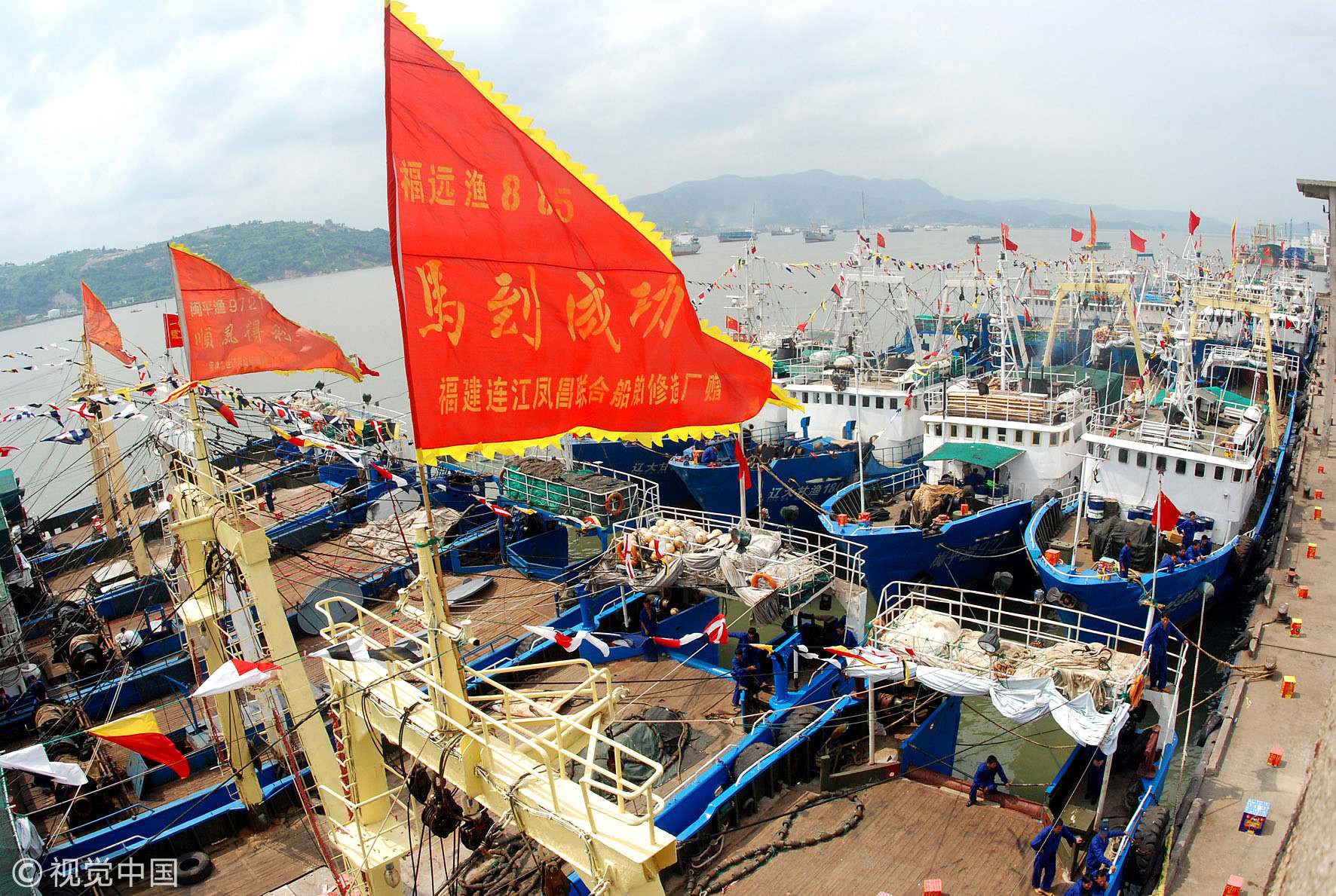
Opinions
16:37, 07-May-2018
Analysis: China and Indonesia could integrate cooperation on maritime
CGTN

China and Indonesia have enjoyed a prosperous relationship over the past few years. Cooperation has become closer under the Belt and Road Initiative that China proposed five years ago.
Embarking on a new journey, Premier Li Keqiang travels to Jakarta on his first trip abroad since his term was renewed about two months ago. Analysts say Beijing is putting more weight on its ties with the major South East Asian nations.

Chinese Premier Li Keqiang arrived in Jakarta on Sunday for an official visit to Indonesia, the first stop on his first overseas trip since the new cabinet took office in March./ Xinhua Photo.
Chinese Premier Li Keqiang arrived in Jakarta on Sunday for an official visit to Indonesia, the first stop on his first overseas trip since the new cabinet took office in March./ Xinhua Photo.
Now, China is the biggest trading partner of Indonesia for seven years in a row. The trade volume in 2017 stood at 63 billion US dollars, up 18 percent year-on-year. In the future, China and Indonesia could do more to cooperate with each other, particularly in maritime industries.
Back in 2013, Chinese President Xi Jinping proposed the 21st Century Maritime Silk Road plan in Jakarta to boost maritime connectivity. The plan is part of the massive Belt and Road Initiative, which coincides with Indonesian President Joko Widodo's vision to turn his country into a maritime power.
When he attended the Bo'ao Forum for Asia in March 2015, Widodo was assured by Xi that China will be actively involved in his vision that features building more ports and more efficient maritime transport. The two leaders met again one month later in Indonesia to mark the 60th anniversary of the historic Bandung Conference, pledging closer ties in a joint communique.
03:02

“Strengthening marine cooperation is very important issue in the region (ASEAN) and a kind of sensitive issue in the region as well,” said Liu Yongfa, a senior research fellow of Pangoal Institution. “Both China and Indonesia are having its own vision to develop their maritime industries. We have to take this fact into consideration.
China and Indonesia are having the issue of overlapping exclusive economic zones. The first issue for the two countries to incorporate the maritime industrial cooperation is to carry out the negotiations to settle the disputes over the maritime exclusive economic zones.

On September 9, 2007, 21 oceangoing fishing vessels selected by the Fujian Ocean Fishing Group set sail from Mawei Port in Fuzhou, capital city of Fujian Province and went to Indonesia to engage in fishing operations. /VCG Photo.
On September 9, 2007, 21 oceangoing fishing vessels selected by the Fujian Ocean Fishing Group set sail from Mawei Port in Fuzhou, capital city of Fujian Province and went to Indonesia to engage in fishing operations. /VCG Photo.
In Liu’s opinion, when the two countries successfully manage the issue, the countries can carry out more cooperation within the maritime industries in terms of capital two-way flows, trade and industrial corporations, especially within maritime environment protection. This is the key issue for both countries.
Liu also pointed out that over the past two years, Chinese and the ASEAN member countries or governments have come together to push forward the process of eventually addressing this thorny issue, that is the disputes over the maritime waters and the islands.
“So in this regard, we are beginning to see the principles be established. Now, it’s time for Chinese government and ASEAN countries to really implement the agreements or the principles into practical industrial policies. We have many areas to wait."

SITEMAP
Copyright © 2018 CGTN. Beijing ICP prepared NO.16065310-3
Copyright © 2018 CGTN. Beijing ICP prepared NO.16065310-3